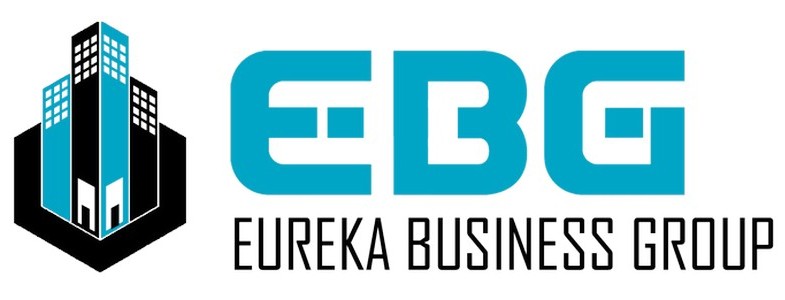- Home
- Retail
- Retail Investors Resources
- The Impact of Corporate Relocations on DFW Retail Property Values: 2020-2025
The Impact of Corporate Relocations on DFW Retail Property Values: 2020-2025
The Dallas-Fort Worth metroplex has experienced an unprecedented wave of corporate relocations over the past five years, fundamentally reshaping the region’s retail property landscape. This transformation has created both opportunities and challenges for investors, developers, and local businesses, while dramatically influencing property values across the metropolitan area.
The Corporate Migration Wave
Since 2020, DFW has welcomed numerous major corporations, including Charles Schwab’s headquarters relocation to Westlake, AECOM’s move to Dallas, and Tesla’s significant expansion in the region. These relocations have brought thousands of high-paying jobs and sparked a ripple effect throughout the local economy, particularly in the retail sector.
The impact on retail property values has been substantial, with certain submarkets experiencing double-digit appreciation. Areas surrounding major corporate campuses have seen the most dramatic increases, as retail developers and investors rush to meet the growing demand from new employees and their families.
Geographic Distribution of Value Growth
The northern corridor, particularly along the Dallas North Tollway and Highway 121, has emerged as the epicenter of retail property value appreciation. Legacy West in Plano and The Star in Frisco have set new benchmarks for mixed-use development success, with retail properties in these areas commanding premium rents and attracting national retailers.
Some key statistics from the past five years:
- Frisco retail properties near corporate campuses have seen average value increases of 45%
- Legacy West-adjacent retail space has experienced a 38% appreciation
- Las Colinas retail properties have grown by 32% in value
- South Dallas retail corridors have seen more modest gains of 15-20%
Transformation of Retail Mix
The influx of corporate employees has driven significant changes in the retail tenant mix. High-end retailers and luxury brands have expanded their presence, particularly in areas near corporate campuses. Local restaurateurs and boutique retailers have also capitalized on the growing market, creating unique shopping and dining destinations that cater to the preferences of corporate employees.
Investment Patterns and Market Response
Real estate investment trusts (REITs) and institutional investors have shown increased interest in DFW retail properties, particularly those positioned to benefit from corporate relocations. This has led to:
- Increased competition for prime retail locations
- Rising property values in previously overlooked submarkets
- Growth in retail-focused mixed-use development
- Acceleration of retail property renovations and upgrades
Challenges and Adaptations
While the overall impact has been positive, the rapid appreciation in retail property values has created challenges for some market participants. Small business owners face increasing pressure from rising rents, while some established retailers have been forced to relocate to more affordable locations. Developer responses have included:
- Creation of mixed-price point retail spaces
- Integration of local business incubators
- Development of satellite retail nodes in more affordable submarkets
- Implementation of creative leasing structures to retain local retailers
Future Outlook
Looking ahead, the DFW retail property market shows signs of continued strength, though the pace of value appreciation may moderate. Several factors will influence future growth:
- Announced corporate relocations in the pipeline
- Planned infrastructure improvements
- Evolution of hybrid work models
- Development of new retail concepts and formats
Infrastructure and Access Considerations
Transportation infrastructure has played a crucial role in determining which retail locations benefit most from corporate relocations. Properties with easy access to major highways and public transportation have seen the strongest value appreciation. The planned expansion of DART rail services and ongoing highway improvements are expected to create new opportunities for retail property appreciation in previously undervalued areas.
Investment Implications
For investors and developers, the DFW retail property market continues to offer attractive opportunities, though careful location selection is crucial. Success factors include:
- Proximity to existing or planned corporate campuses
- Access to transportation infrastructure
- Flexibility in retail space configuration
- Ability to accommodate evolving retail concepts
Conclusion
The impact of corporate relocations on DFW retail property values has been transformative, creating a more dynamic and diverse retail landscape. While challenges exist, the market has shown remarkable resilience and adaptability. As the region continues to attract corporate investment, retail property values are likely to remain strong, though investors must carefully consider location, accessibility, and tenant mix to maximize returns.
The next five years will likely bring continued evolution in the DFW retail property market, with successful investors and developers focusing on creating sustainable, mixed-use environments that serve both corporate employees and the broader community. Understanding these trends and their implications will be crucial for stakeholders looking to capitalize on the opportunities presented by ongoing corporate relocations to the region.



